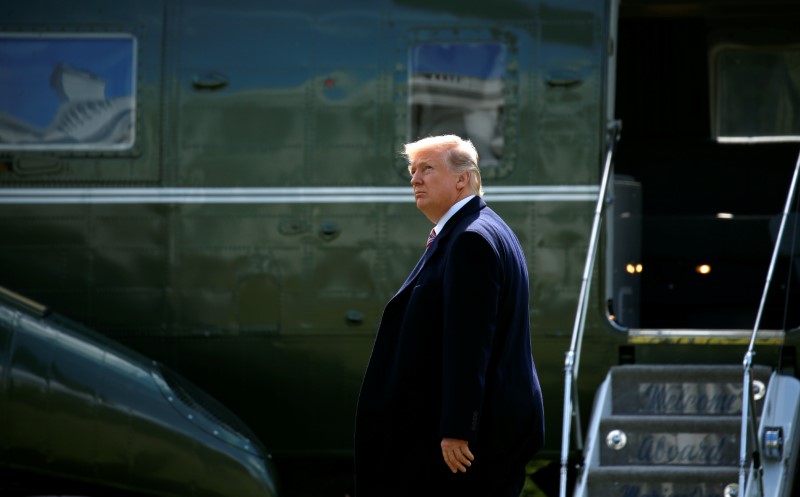Investing.com’s stocks of the week
By Stephanie Nebehay
GENEVA (Reuters) - A U.N. human rights expert voiced alarm on Friday that U.S. President Donald Trump might allow torture in interrogations, warning that it "lays down the gauntlet" for other countries to follow suit.
Trump said in late January he felt "absolutely" that the practice of waterboarding - a form of simulated drowning - worked as an intelligence-gathering tool. He also said he would defer on the issue to Defense Secretary Jim Mattis, who disagrees with him about its usefulness.
U.N. special rapporteur on protecting human rights Ben Emmerson told the U.N. Human Rights Council that, hearing Trump extol torture as a weapon against terrorism shortly after his inauguration "was enough to make my blood run cold".
Making his final public comments after six years in the independent post, Emmerson later told reporters that Trump was the first democratically-elected head of state to positively advocate torture.
"That is a state of affairs which lays down the gauntlet, it lays down a precedent."
Emmerson, a British barrister and international criminal justice expert, said that Trump's comments showed a "staggering level of ill-preparedness to govern."
Emmerson also told reporters that rescinding former President Barack Obama's executive order to close the U.S. detention facility at Guantanamo Bay in Cuba would be a "grave retrograde step".
The center was a "legal black hole" for security suspects in custody without charge, he said.
The U.S. delegation to the 47-member state forum in Geneva did not take the floor to respond.
Emmerson also said senior officials from George W. Bush's administration should be prosecuted for allowing torture, Emmerson added.
Officials responsible for the secret detention, rendition and torture programs run by the CIA included "those in the most senior positions" under Bush, he said.
Gina Haspel, a veteran clandestine Central Intelligence Agency (CIA) service officer who ran one of the agency's "black site" prisons set up after the 9/11 attacks, has been named deputy director of the U.S. spy agency.
Concerns have also been raised about Trump's nominee for director of national intelligence, former Republican Senator Dan Coats, and his record on the previous U.S. use of so-called enhanced interrogation techniques, such as waterboarding, which are widely seen as torture.
"If one of the most powerful nations in the world, a permanent member of the Security Council, is once again prepared to abandon our collective values on the pretext of defending them, then one is left to wonder whether anything at all has been achieved in the last 15 years," Emmerson said.
